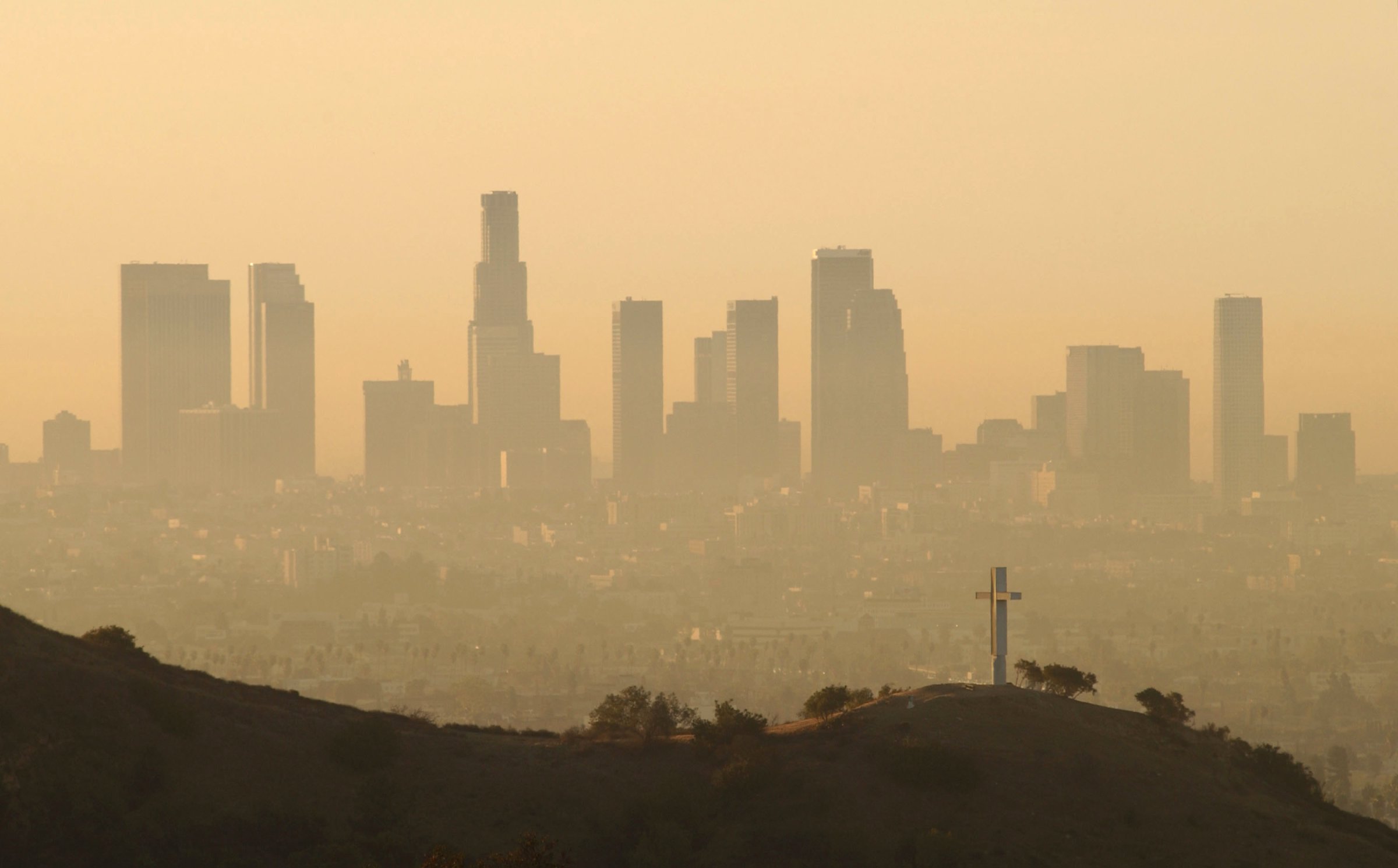
The air you breathe, the water you drink and the surroundings where you work, play and sleep may go largely unnoticed on a day-to-day basis. But—visible or not—they constitute your living environment. Now, new research from the World Health Organization (WHO) shows how that environment could be killing you.
More than 12.5 million deaths globally each year can be attributed to unhealthy environments, according to the WHO study. That’s nearly a quarter of all the deaths that occur around the world in a given year. Stroke, heart conditions, diarrhea and cancer rank among the top deadly conditions tied to environmental health.
The report’s findings contain both good and bad news. Unfortunately, concerned individuals may have little control of environmental health outcomes in the given area where they live. But, unlike many diseases, environmental health can be addressed with well-understood public policy interventions that include improved water treatment, clean energy policies and reconfigured urban spaces. Indeed, the number of deaths related to communicable diseases has declined in the past decade thanks to these types of programs.
“A healthy environment underpins a healthy population,” said Dr. Margaret Chan, WHO Director-General, in a press release. “If countries do not take actions to make environments where people live and work healthy, millions will continue to become ill and die too young.”
Ailments related to environmental health take the hardest toll on low- and middle-income countries, according to the report. Those countries may lack the resources to implement some of the regulations that have saved lives elsewhere. South-East Asia and the Western Pacific Region experience the most deaths with 3.8 million and 3.5 million deaths occurring in two regions, respectively. Young children and the elderly are particularly vulnerable to poor environmental health conditions.
Still, even in the wealthiest countries people can be affected by poor environmental health. Pollution—air, water and otherwise—remains a particularly thorny challenge for policymakers. Nearly 850,000 die annually in the Americas of conditions connected with environmental health.
“One of the unique things about air pollution is that you can’t run, you can’t hide from it,” said Michael Brauer, a professor at the University of British Columbia, after publishing a study on air pollution. “But we know that if you improve air quality, everybody benefits from it.”
More Must-Reads From TIME
- The 100 Most Influential People of 2024
- Coco Gauff Is Playing for Herself Now
- Scenes From Pro-Palestinian Encampments Across U.S. Universities
- 6 Compliments That Land Every Time
- If You're Dating Right Now , You're Brave: Column
- The AI That Could Heal a Divided Internet
- Fallout Is a Brilliant Model for the Future of Video Game Adaptations
- Want Weekly Recs on What to Watch, Read, and More? Sign Up for Worth Your Time
Write to Justin Worland at justin.worland@time.com